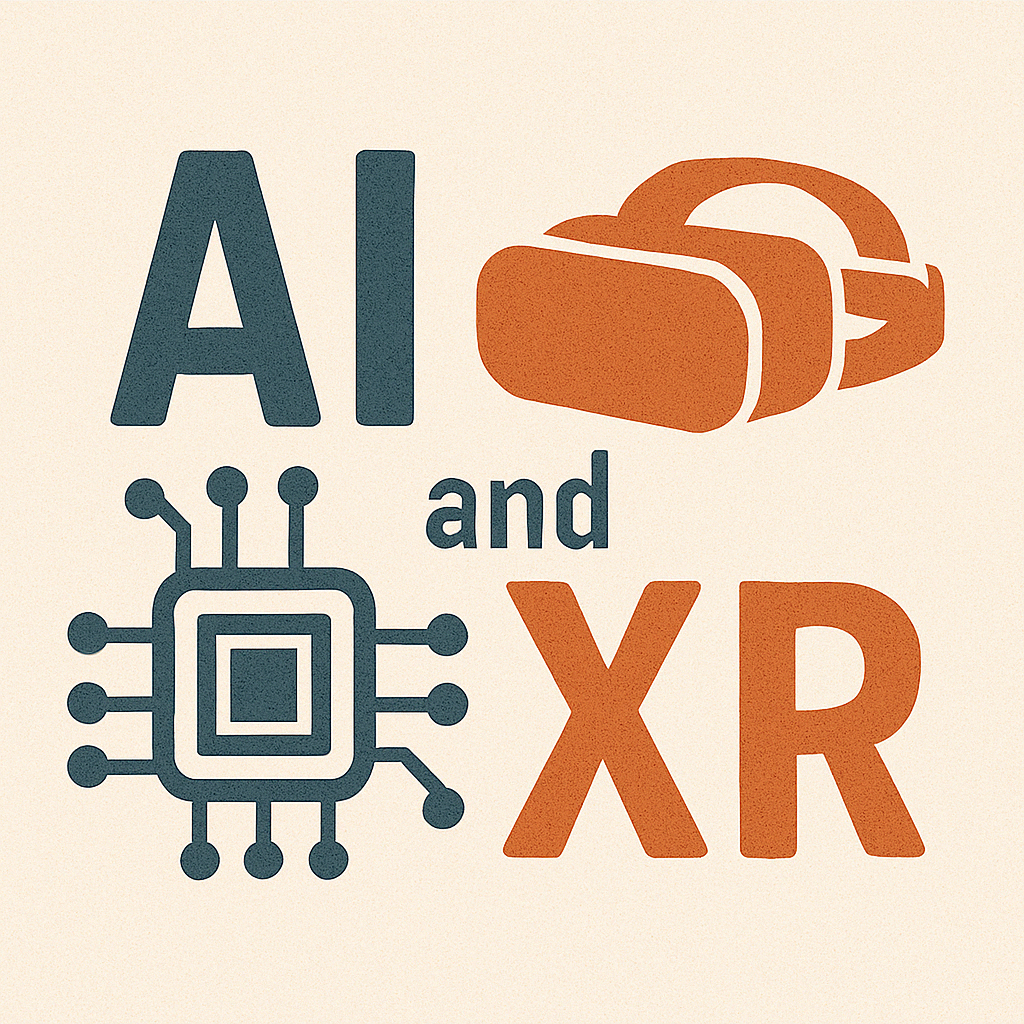
The explosive growth of artificial intelligence has sparked debate in nearly every industry, XR (Extended Reality) is no exception. As generative AI, content generation, and code-writing assistants become increasingly sophisticated, many are asking: Could AI replace XR developers in the near future?
The short answer? No, but it’s definitely going to change the way they work.
In this post, we’ll explore how AI is impacting XR development today, what it means for freelancers and businesses, and how to stay ahead of the curve.
How AI Is Changing XR Development
AI is not replacing XR developers – it’s empowering them. Here are the major ways it’s shaping immersive technology workflows:
AI can generate complex 3D environments, textures, and animations in minutes. Tools like Promethean AI and NVIDIA’s Omniverse allow developers to build rich worlds faster than ever. Designers can feed high-level design prompts and receive near-finished assets, reducing the iteration cycle dramatically.
With platforms like GitHub Copilot and ChatGPT, developers can generate boilerplate scripts, fix bugs, and prototype interactions rapidly. AI assistants understand context from codebases and help automate common development tasks, accelerating time to market.
Developers can use voice or text prompts to create interactions and scenes, lowering the barrier for non-coders to contribute to XR development. This opens the door for creative professionals to directly influence experience design without deep technical knowledge.
AI can automate performance testing across devices and suggest optimisations for smoother frame rates, reduced latency, and better thermal performance – vital for mobile AR and standalone VR.
AI is enabling more realistic, interactive characters in VR games and simulations. Developers can create dynamic experiences with less manual scripting. AI-powered agents can adapt, learn, and even roleplay – offering users more nuanced and responsive interactions.
AI can dynamically adapt XR environments based on user behavior, preferences, or accessibility needs. From generating audio descriptions to adjusting interaction difficulty, AI helps create more inclusive and personalized XR experiences.
Will AI Replace XR Jobs?
AI will reshape roles, not eliminate them. Think of it as the next generation of productivity tools – like what Photoshop did for illustrators or Excel for accountants. XR will always need human creativity, ethical guidance, and technical stewardship.
XR Developers Will Evolve Into:
Skills That Will Still Be Essential:
AI may automate repetitive tasks, but the magic of storytelling, spatial logic, and emotional resonance still lies in human hands.
What It Means for Freelancers
For XR freelancers, embracing AI is not optional – it’s your edge. Those who adopt AI-enhanced workflows will have a distinct advantage in speed, scalability, and innovation.
Benefits:
Action Steps:
Freelancers who understand both XR design principles and AI capabilities will be highly sought after.
What It Means for Businesses
If you’re hiring XR talent, AI presents both opportunity and responsibility. It can increase productivity and innovation – but it also requires thoughtful implementation.
Opportunities:
Challenges:
Tips for Hiring:
Smart businesses will seek out hybrid creatives who can straddle both AI and XR development.
AI Tools Every XR Team Should Explore
The right tools depend on your goals – ideation, prototyping, content generation, or optimisation.
The Ethical Angle: Risks and Considerations
While AI unlocks potential, it also raises ethical concerns:
These questions need active engagement from developers, freelancers, platforms, and clients alike. As you integrate AI into XR workflows, build frameworks for transparency, inclusion, and accountability.
AI won’t replace XR developers – but XR developers who use AI will replace those who don’t.
The future of immersive tech belongs to agile, creative teams that harness AI to amplify their capabilities. Businesses should look for XR talent that combines strong technical fundamentals with AI fluency. Freelancers should treat AI as a co-creator, not a competitor.
By blending human creativity with AI speed and scale, we’re entering a golden age of XR experiences – more intelligent, adaptive, and accessible than ever before.
Ready to build the next generation of AI-powered immersive experiences? Post your XR opportunity on our platform and connect with forward-thinking freelancers today.